Dish, Deutsche Telekom reportedly agree on asset sale allowing T-Mobile-Sprint merger to close
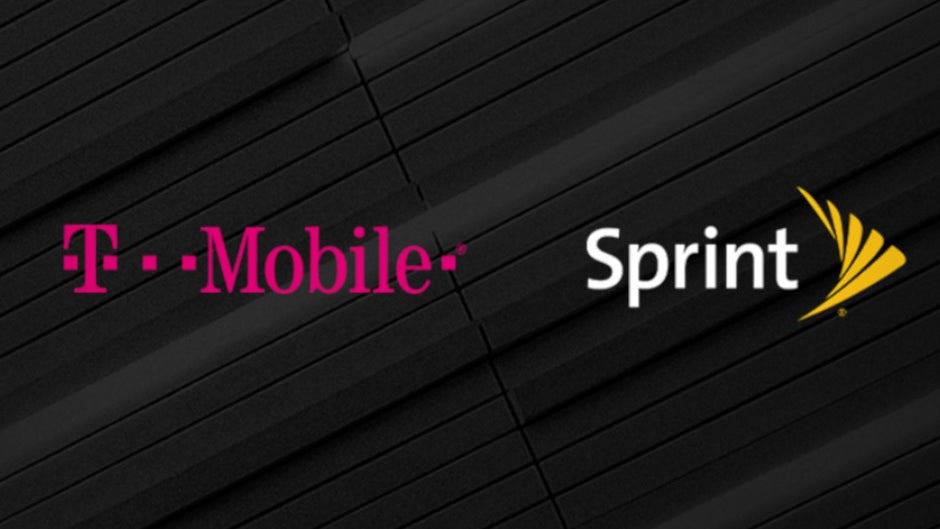
We could just be days away from seeing T-Mobile and Sprint finally receive approval from the U.S. Justice Department to complete their $26.5 billion merger. In order to receive the blessing of the regulatory agency to wed, T-Mobile and Sprint must agree to sell some assets to Dish Network to help create a new wireless provider to replace Sprint. Back on Thursday, we told you that there was one issue holding things up. T-Mobile parent Deutsche Telekom wanted to include wording in any agreement that would allow T-Mobile to cancel any MVNO contract it signs with Dish if a third party took a larger than 5% stake in the satellite content operator. The MVNO agreement would allow Dish to sell wireless service over T-Mobile's network while it builds its own 5G pipeline.
The New York Post reports that Deutsche Telekom has dropped its demands. As a result, T-Mobile and Sprint are expected to announce the deal between the pair and Dish Network this coming week. The two carriers will sell to Dish Network pre-paid carrier Boost Mobile along with some spectrum. The DOJ would like to see Dish use these assets to build a wireless operator that would compete with Verizon, AT&T, and the New T-Mobile. The Justice Department's job in any merger is to make sure that the competitive landscape remains the same once a transaction closes. The agency fears that with Sprint gone, Verizon, AT&T, and the new T-Mobile could raise their rates willy nilly. As part of an agreement it made to receive FCC approval of the merger, T-Mobile agreed that it would freeze its prices for three years after the merger is official.
The DOJ previously blocked AT&T's attempt to buy T-Mobile back in 2011
The Post reports that Dish will use Boost and the MVNO agreement to start offering nationwide wireless service no later than a year after the asset sale closes. Sources indicate that the DOJ's threat to block the deal if an agreement wasn't reached in a week led Deutsche Telekom to drop its demands. "We have a real deal here and it will be very good for Dish," said one source. Dish chairman Charles Ergen has wanted to take control of a wireless company for many years. In 2013, he lost out to SoftBank in a hotly contested battle for Sprint. Dish has purchased $20 billion worth of unused spectrum that it must employ by March 2020 or else it will lose the rights to use these airwaves. Earlier in the negotiating process with the DOJ, T-Mobile and Deutsche Telekom, Ergen threatened to walk unless the FCC agreed to push back that deadline. At this stage, it is unknown exactly what all of the parties have agreed to in order to get this merger done.

Dish Chairman Charles Ergen will finally have his dreams realized
A few years ago, T-Mobile was left at the altar. In March 2011, when T-Mobile was an afterthought, AT&T agreed to purchase the carrier for $39 billion. The deal would have created the nation's largest wireless operator but was blocked by-you guessed it-the Justice Department. Dan Hesse, then Sprint's CEO, spoke out against the deal every chance he got. In 2014, both T-Mobile and Sprint spoke with the FCC and DOJ to see if there was any chance the agencies would approve a merger between the two. They were quickly rebuffed by both.
And while there were always rumors about a possible merger taking place between T-Mobile and Sprint, something changed. Under the leadership of CEO John Legere, T-Mobile became the most innovative and fastest-growing of the four major wireless operators in the U.S. While the dynamics of a merger between the pair had changed (T-Mobile would now be the acquirer), Sprint still had something T-Mobile wanted; namely, a hoard of 2.5GHz mid-band spectrum. T-Mobile plans to be first to construct a nationwide 5G network in the U.S. by combining its low-frequency 600MHz airwaves with its ultra high-frequency mmWave spectrum and adding Sprint's 2.5GHz spectrum in the middle. Recently, T-Mobile and Qualcomm had a successful test of the first 5G data call on the carrier's low band airwaves.
Follow us on Google News



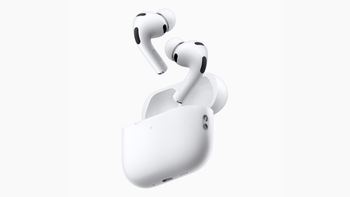
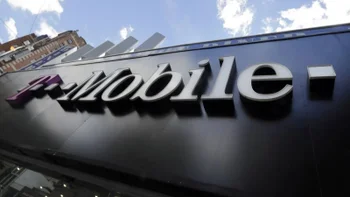
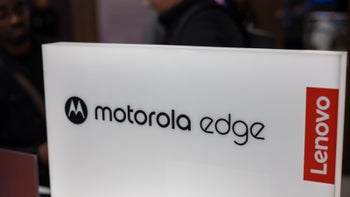
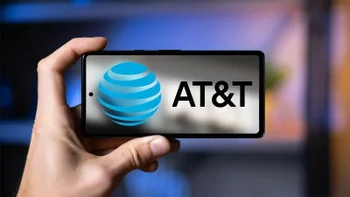
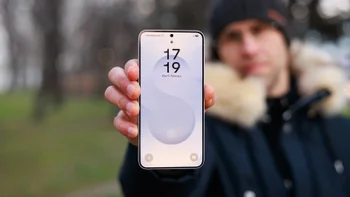
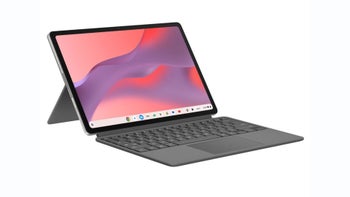
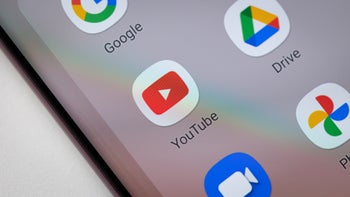
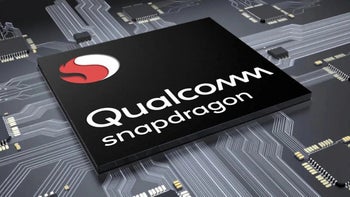
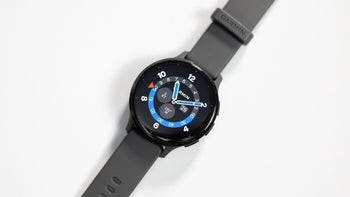
Things that are NOT allowed:
To help keep our community safe and free from spam, we apply temporary limits to newly created accounts: